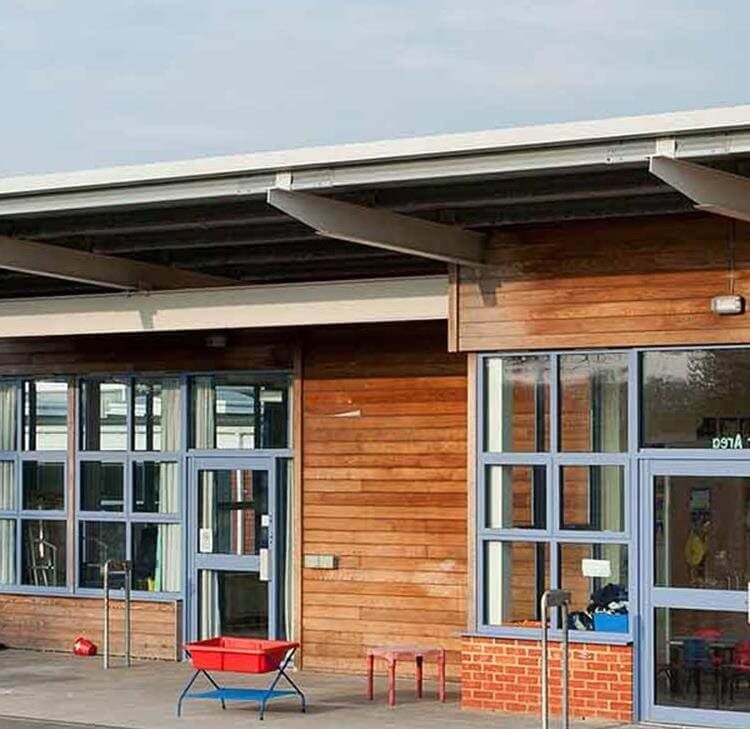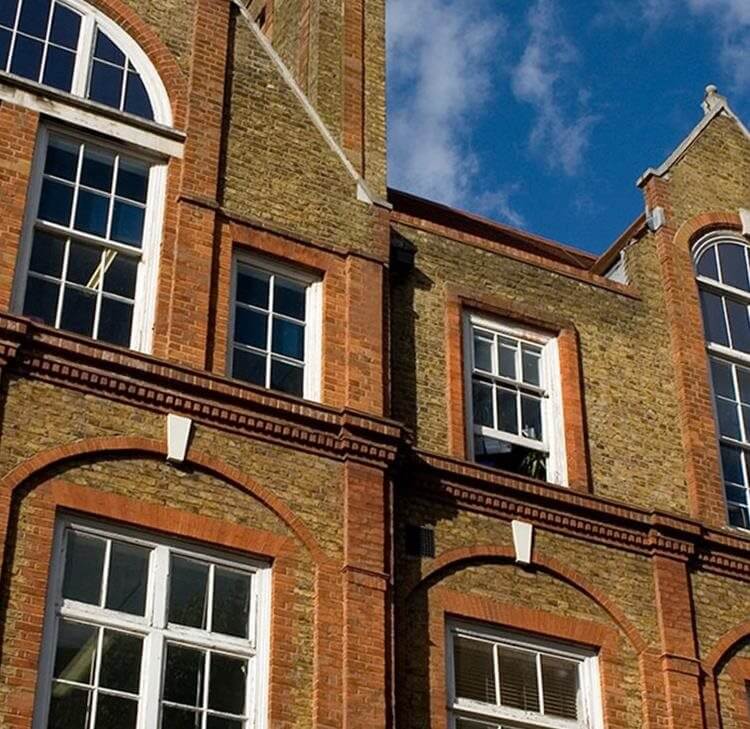Prevention and protection against historical abuse claims in schools
Last month the Court of Appeal awarded £1.1m to a former pupil who had been abused by a teacher in his school in the early 1980s. Dai Durbridge and Sarah Erwin-Jones explain why that figure was so high and what you need to do to protect yourself from such claims.
Last month the Court of Appeal awarded £1.1m to a former pupil who had been abused by a teacher in his school in the early 1980s. Dai Durbridge and Sarah Erwin-Jones explain why that figure was so high and what you need to do to protect yourself from such claims.
The Claimant, who was 53 at the time of the trial, suffered serious sexual abuse at the hands of his teacher between 1980 and 1982, and then for a short time again in 1983. The Claimant kept in contact with his former teacher after he left the school, engaging again in a sexual relationship in 1988 when he was in his early twenties.
The Claimant reported his experiences to the police in 2012, and in 2014 his abuser pleaded guilty to most of the sexual abuse allegations made against him. The Claimant pursued a damages claim against both his abuser and the school. The trial judge allowed his claim to proceed, even though it was 25-30 years after the limitation period had expired, because in her view it was still possible to have a fair trial.
Interestingly, the trial judge also found that the assaults that took place after the pupil had left the school were simply a continuation of the behaviour that had commenced when the assailant was his teacher and before the Claimant perceived their abusive nature. In other words, the grooming and abuse in childhood allowed the abuse to continue in adulthood and so the school and the abuser were held liable for those acts.
The high award primarily came as a result of the impact the abuse was found to have had on the Claimant’s earnings and the ongoing medical support he would need. Those two issues alone accounted for £750,000 of the damages award.
So as schools, what should you be doing to either avoid being in this position at all, or to ensure you have the benefit of insurance if such claims do materialise?
Next steps
Well, to state the obvious, make sure your staff are not engaging in such acts with your pupils. To do that successfully you need a strong safeguarding culture which is built on strong policies, high-quality staff training and, most importantly of all, a positive open culture where even the slightest concerns are reported to DSLs.
Sadly, these cases remind us that some abuse is still likely to happen and if current or historical allegations are made, you need to call on your insurance policy. We recommend that you have a full picture of your public liability insurance history. Local Authorities usually have the benefit of a reasonably full picture of their insurance histories, but non-maintained schools (including academies) may not. So it might feel like a bit of housekeeping, but knowing who insured you in the past and the extent of that cover is very important. For further guidance on reviewing your insurance history click here.
Naturally, the focus is on prevention, but you also need to make sure your school is protected in the rare cases where these serious allegations are made.
Contact

Dai Durbridge
Partner
dai.durbridge@brownejacobson.com
+44 (0)330 045 2105








































